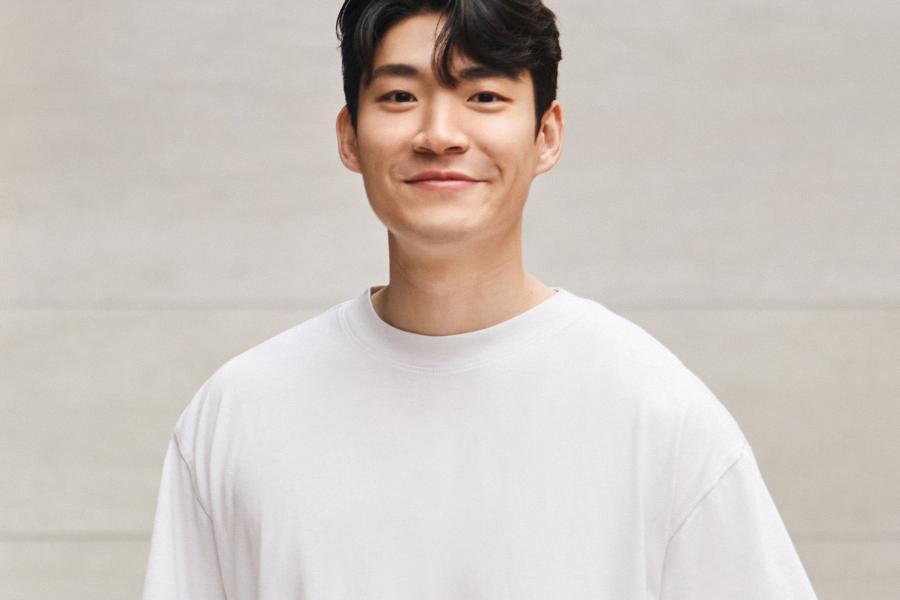Growing up in Connecticut, Victor Oh, Engr '12, '13 (MS), remembers spending much of his childhood building intricate structures with Lego bricks and then, as a teen, creating gadgets that could help with household tasks. At the age of 11, Oh remembers making a modular mop with odd parts found around his house, including an empty toilet paper roll, duct tape, and plastic rods, to help his mom clean the floors. While earning his degrees in chemical and biomolecular engineering at Hopkins, he honed both his problem-solving skills and his desire to one day launch his own company.
When the pandemic first hit, Oh was the head of digital innovation for Asia Pacific at BASF, helping to drive digital transformation for the world's largest chemicals and materials company. Prior to BASF, he was a lead analyst at Lux Research and advised Fortune Global 500 clients around innovation in synthetic biology, advanced materials, and sustainable consumer products. Oh saw how traditional focus groups failed to give brands the volume and variety of consumer insights they needed to remain competitive.
"The $600 billion global beauty industry is growing every year," Oh says. "In order to keep up with changing consumer tastes and remain relevant, brands need to use a more modern solution to obtain meaningful feedback on their products."
In November 2020, Oh launched TactileAI, a San Francisco–based enterprise SaaS platform, industry shorthand for "software as a service," allowing users to connect to cloud-based apps. TactileAI aims to make consumer testing in the beauty care industry more accessible, data-driven, and scalable for its clients, including two top-20 global beauty companies: Beiersdorf—whose brands include Nivea, Eucerin, and Coppertone—and AmorePacific, a South Korean beauty brand.
As the company's founder and CEO, Oh shares what he's learned since he first launched TactileAI.
Where did the idea for TactileAI come from?
During the pandemic, I saw how many big beauty care companies were struggling to obtain consumer feedback for product development and marketing. These companies traditionally relied on focus groups to access consumer insights, but with cases of COVID-19 surging, consumer panels became impossible. Even before the pandemic, focus groups were proving to be an outdated, inefficient method for collecting and comparing consumer feedback. I knew beauty and skincare companies were looking for new and modern ways to gather customer insight, so I launched TactileAI, a data analytics platform that offers in-home consumer product testing to beauty brands.
What do you think is the primary reason you've succeeded?
I think many startups don't identify a core problem before identifying "solutions," and their target market audience is too broad. TactileAI was designed for a very specific industry: the beauty and personal care industry. Leveraging in-home users to validate digital products through A/B testing (comparing two versions to determine which performs better) is more established in the software industry, but we're unique in building the first in-home user testing platform tailored for the beauty care space.
Remote testing methods and the digital collection of data are the future of product testing. With the TactileAI platform, beauty and skincare companies can gain accurate and credible customer insights over 90% faster, compared to traditional methods. In just a few seconds, brands can design and launch remote consumer trials and even target specific customer demographics such as age, gender, race, skin type, and skin concerns. Our platform automates recruiting in-home testers through our mobile app. Remote testers who are interested in testing products at home are able to register on the app and have free beauty samples shipped to them and receive rewards for completing product surveys. Companies can view survey data in real time through a live dashboard, and when the consumer trials are completed, TactileAI provides unique AI-driven insights such as sentiment analysis, keyword extraction, and demographic segmentation.
If you were given a do-over, would you do anything differently this time?
I would attempt to launch faster and fail faster. There's a delicate balance between launching the perfect product and launching a viable product that's good enough to test against the market and then build upon that product's initial success.
I've also learned that success involves perseverance and luck. Entrepreneurs need to be committed to bringing their ideas to life, but there's also no way to discount luck, whether it's meeting the right people or launching your company at the right time.
Posted in Alumni
Tagged artificial intelligence, entrepreneurs








